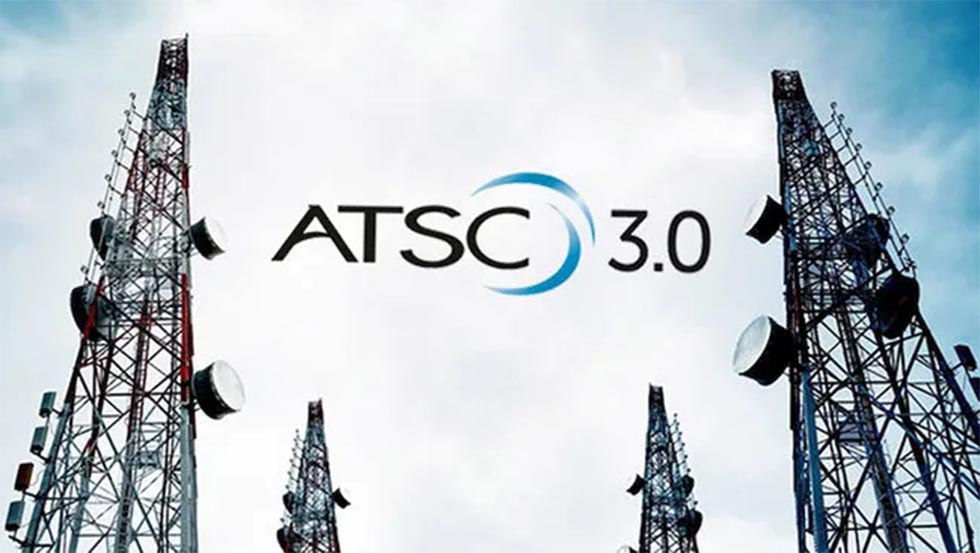Top Cable Lobbyist Unloads on FCC Chairman
On Wednesday the CEO of the National Cable and Telecommunications Association unleashed a torrent of grievances about FCC Chairman Kevin Martin, a half-dozen or so of his policy initiatives, and the way he runs the commission.
“My judgment is that the FCC is broken,” Kyle McSlarrow told reporters the NCTA had summoned to a conference call. “It’s very clear that what this is all about is pursuing one particular agenda item, a la carte, and using the rest of these proposals and decisions to pressure our industry to do voluntarily what the FCC does not actually have the authority to mandate.”
Those other issues include the must-carry order of Sept. 11, the ruling on leased access expected at the commission’s Nov. 27 meeting, technology decisions and, most recently, Martin’s usage of a “70/70” trigger, in which the FCC is allowed more authority over cable if it reached 70 percent of the nation, with 70 percent subscription rates within those areas. The cable industry says it has not met that threshold, and that the FCC is misusing the provision to seize more authority than the law allows.
McSlarrow said Martin’s decisions were costing consumers money and choosing certain industries over others.
Other recent FCC actions have included a ruling on local franchising that could speed competition from Verizon, AT&T and other telecom companies. The commission also struck down exclusive cable deals in apartment buildings and similar dwellings.
He also attacked the way Martin runs the place. The FCC fails to actually propose rules in its so-called “Notices of Proposed Rulemaking,” he said. It does the real drafting of rules behind closed doors, failing to present drafts to the public.
McSlarrow also complained that the commission leaks its plans to preferred press outlets instead of informing stakeholders directly. And he said the FCC doesn’t act quickly enough on waiver requests, such as those cable companies have sought regarding the ban on new integrated set-top boxes.
Prodded by reporters, McSlarrow denied that he thought Martin had a personal animus against the cable industry, or that Martin had broken laws, or that he was abusing power.
The industry’s expected solution if it can’t reform Martin: more lawyering.
“If we have to litigate a lot of things, we’ll do it,” McSlarrow said.
He also alluded to the fact that someday, someone else will be chairman of the FCC.
“The other four have been very accessible and thoughtful,” he said.
The comments came as eight executives of Viacom and its cable channels—including Nickelodeon, MTV, BET, and CMT—wrapped up two days of visits to the FCC, where they met with all the commissioners (and their legal advisors) except Martin and argued against a la carte.
Martin responded to McSlarrow with a statement later Wednesday. “Our focus is not on the welfare of a particular industry but the welfare of consumers and ensuring they receive the benefits of competition in the form of lower prices, more choice and better services. Consumers have not seen those benefits from cable,” Martin wrote. “The average cost of cable has almost doubled from 1995 to 2005—increasing 93 percent–while the cost of other communication services fell. The cable industry needs more competition and we will continue to act to bring more competition and its benefits to consumers.”
But the NCTA got in the last word later that day, shooting out a rebuttal after 6 p.m.
“The Chairman’s office continues to offer a tired and false analysis of price and value for cable video subscribers, based on surveys ten years ago when consumers only paid for an average of 45 analog channels,” McSlarrow said in a statement. “A real analysis of cable prices shows that consumers are watching more and paying less for that viewing time. And a moment’s reflection suggests how absurd it is to compare a small analog offering of ten years ago with today’s offering of digital, high definition, and video on demand.”
The professional video industry's #1 source for news, trends and product and tech information. Sign up below.
